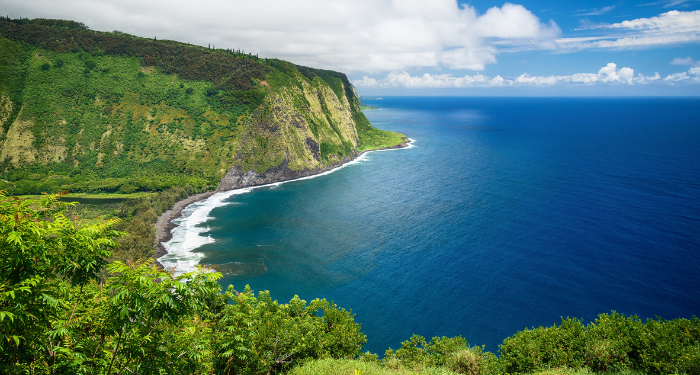This content contains affiliate links. When you buy through these links, we may earn an affiliate commission.
The Hawaiian archipelago consists of 137 islands with over seven hundred miles of coastline and eight main islands, seven of which are inhabited. Hawai’i has a long and storied history, from the earliest days of human settlement via Polynesia to its current status as the 50th U.S. state. Hawai’i is believed to have first been settled sometime around 1000 CE and independent chiefdoms on various islands developed over the next several centuries along with population growth and a spiritual, social, and economic culture centered around connections to the land, ocean, and heavens. The first documented contact with Europeans occurred in 1778 with the arrival of British explorer Captain James Cook, which started conflict between European nations and the United States over access to the islands. These interactions also brought new diseases, and by the mid-1800s, over half of the Native Hawaiian population had been wiped out.
Immigration from China, Japan, Korea, and the Philippines also added to the diversity of the population, with laborers coming to work on the sugar and pineapple plantations, many of which were held by U.S.-backed interests. This growing American economic and political influence in Hawai’i led to forced reforms that disenfranchised many Native Hawaiians and took power from the Hawaiian monarch. In 1893, the last monarch, Queen Liliʻuokalani, was forced to surrender to the annexation of Hawai’i by the United States in order to prevent an attack by U.S. military forces. Today, Hawai’i occupies a singular place in history and in literary imagination, with writers crafting historical fiction that takes place from its earliest days to the tumult of the attack on Pearl Harbor and into the post-war years. The novels below will give you a glimpse into the history and people of this complex place.
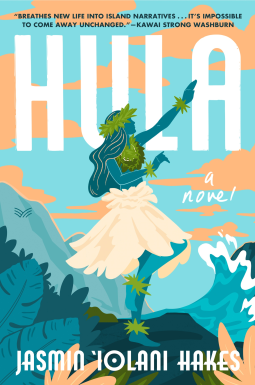
Hula by Jasmin ‘Iolani Hakes
Hula combines a historical, family saga with the coming-of-age story of Hi’i, a teenager from Hilo who is starting to understand how many unsaid things there are in her family and her community. She is proud to be part of the Naupaka, known for their contributions to hula, but she has never met her grandmother and her mother refuses to reveal the identity of her father. When Hi’i tries to stake her place in the family lineage by entering the Miss Aloha Hula competition, she begins to learn more about the fractures in her struggling community and how those secrets connect to her own family history.
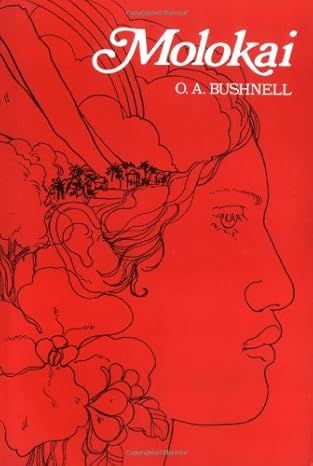
Molokai by O. A. Bushnell
Bushnell is a writer born in Honolulu who spent much of his career teaching medical microbiology and medical history at the University of Hawaiʻi at Mānoa, in addition to developing a renowned career as one of the first twentieth-century novelists born in Hawai’i to gain mainstream recognition for his work. In Molokai, Bushnell tells the story of the Kalaupapa leper colony, where sufferers of the disease were abandoned to die, through the perspectives of multiple characters. Bushnell’s ability to combine his knowledge of Hawaiian history and medicine with his vivid characterization makes this a worthwhile read.
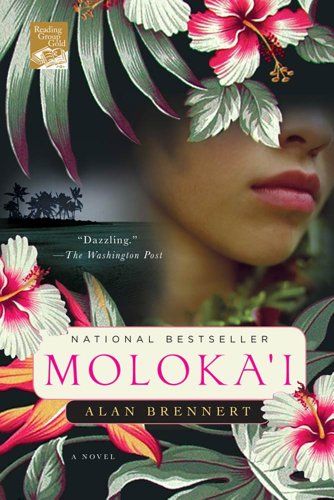
Moloka’i by Alan Brennert
This is another book that looks at the tragic history of Kalaupapa, this time from the perspective of Rachel Kalama, a young Hawaiian girl in the 1890s who dreams of traveling the world like her father. However, when leprosy appears on Rachel’s skin, she is sent to be quarantined at the leprosy colony, cut off from her family and the rest of society. Brennert’s novel fictionalizes the stories of those sent to the colony and how they dealt with the isolation and fear of death.
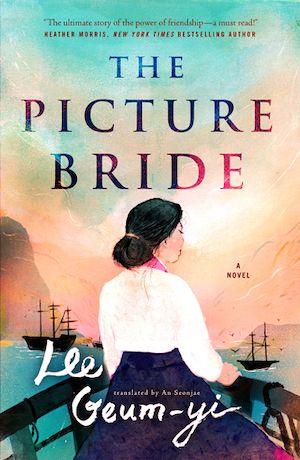
The Picture Bride by Lee Geum-yi, translated by An Seonjae
The Picture Bride, originally published in Korean, is a glimpse into one of the many immigration stories that form the fabric of modern Hawai’i. When Willow agrees to leave Korea to become a wife to a Korean laborer in Hawai’i, she is promised her husband is a successful man who will allow her to continue her education. Instead, she arrives to find a cruel man and desperate circumstances on the island she now must call home. The novel explores both Hawai’i in the post-World War I era and the specific experiences of Korean immigrants in Hawai’i.
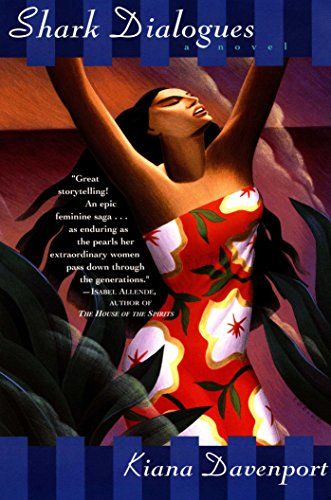
Shark Dialogues by Kiana Davenport
Davenport was born in Honolulu and is known for her epic, Hawaiian family saga that began with a romance between a sailor from New England and a Tahitian princess. At the opening of Shark Dialogues, it’s 1994 and matriarch Pono has called her grown, semi-estranged granddaughters to the aging coffee plantation on the Big Island where she lives. From there, the novel goes back in time to the love affair that started the family’s story and weaves through major events in Hawaiian history, from the overthrow of the monarchy to World War I, all while exploring themes of family and loyalty.
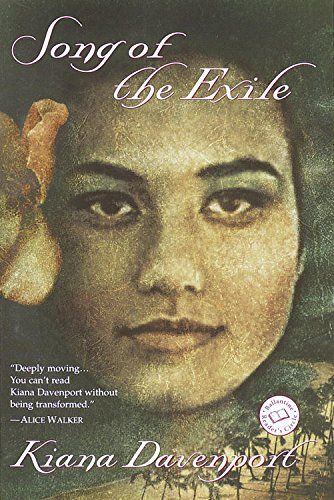
Song of the Exile by Kiana Davenport
In addition to Shark Dialogues, Davenport has written multiple other novels and short stories that revolve around themes of family and Hawaiian history. Song of the Exile begins in the 1930s and describes life in Hawai’i leading up to and during World War II, as well as the post-war years and the transition to American statehood, from the perspective of her characters.
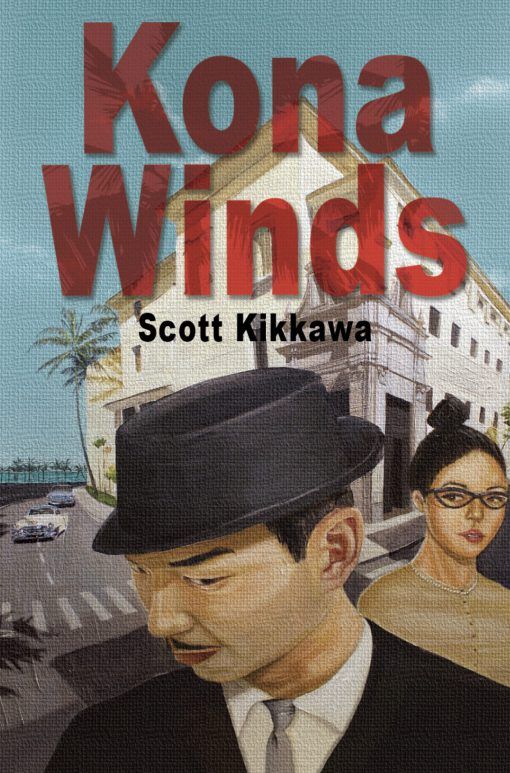
Kona Winds by Scott Kikkawa
If you like novels that combine historical fiction and mystery, be sure to check out the work of Scott Kikkawa. Set in 1953, Kikkawa’s story features Detective Sergeant Frankie “The Sheik” Yoshikawa, a veteran of World War II now working in the Honolulu Police Department who is called upon to investigate the murder of a Japanese woman found in Honolulu Harbor. This noir mystery examines the postwar lives of those living in Hawaii and the impact of the war and of race and class on Detective Sergeant Yoshikawa.
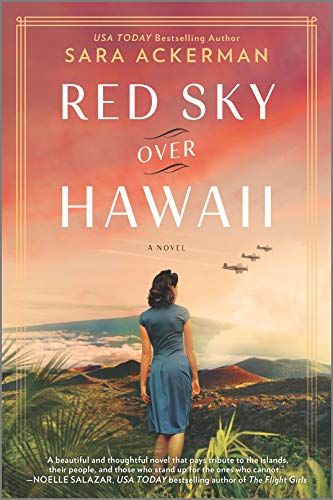
Red Sky Over Hawaii by Sara Ackerman
Ackerman has written multiple historical fiction books set in Hawai’i, including this story of life on the Big Island following the attack on Pearl Harbor. Lana Hitchcock has just come back to Hawai’i, but it is too late to reconnect with her estranged father, and now she is trying to untangle the secrets of his legacy, including a remote property in the rainforest that was left to her. When the government begins rounding up suspected Axis sympathizers, Lana takes two German girls, a Japanese fisherman, and his son to hide at the rainforest property. But, with a detainment camp being built nearby, they are under constant threat of discovery.
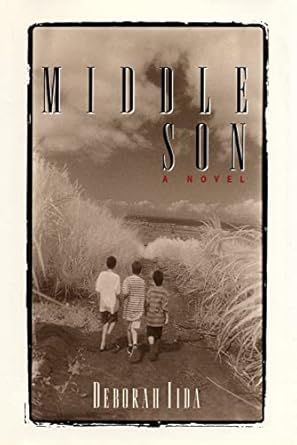
Middle Son by Deborah Iida
Spencer Fujii has returned to his home in Hawai’i to be with his mother in her final days. As he reflects on his life, from his grandparents’ arrival 50 years earlier from Japan to his own experiences with family, war, and loss, Iida tells a story of tradition, family, childhood, and the Japanese American experience in Hawai’i.
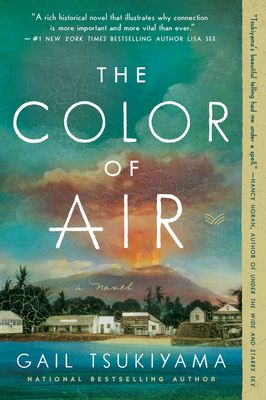
The Color of Air by Gail Tsukiyama
Daniel Abe, a young man working as a doctor in Chicago has returned to his Hawaiian hometown as the Mauna Loa volcano begins to erupt. As the volcano begins to endanger his family home Daniel begins to unravel the story of his Uncle Koji, who mourns for the past, and his mother Mariko, for whom Koji loved and pined. The story moves around in time and place against the backdrop of the eruption and the tensions it brings to the surface.
Looking for more books set on the Hawaiian islands? Check out this roundup as well as our Hawai’i archives.

